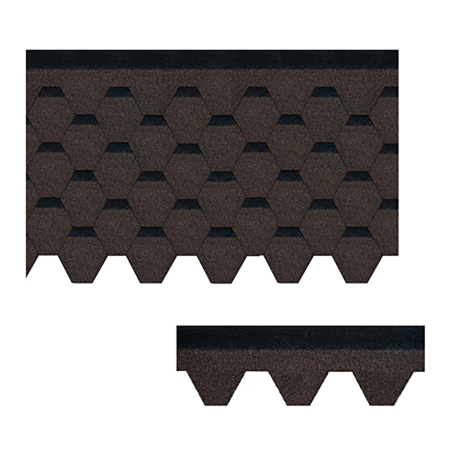
sept. . 08, 2024 08:17 Back to list
How Long Do House Shingles Last? | Ultimate Guide to Roof Lifespan
How Long Do House Shingles Last?
House shingles are an essential component of a home's roofing system, providing both protection and aesthetic appeal. Homeowners often wonder about the longevity of their shingles, which can vary significantly depending on several factors, including the material, climate, and maintenance practices. Understanding how long shingles last can help you plan for repairs or replacements and keep your home in top shape.
Types of Shingles and Their Lifespans
Shingles come in various materials, each with its own expected lifespan
1. Asphalt Shingles The most common type of roofing shingles, asphalt shingles typically last between 15 to 30 years. They are available in three main styles three-tab, architectural, and luxury. Architectural shingles often last longer than their three-tab counterparts due to their thicker construction.
2. Wood Shingles Made from natural materials, wood shingles have a lifespan of about 20 to 25 years. However, they are susceptible to rot and insect damage, particularly in humid climates. Regular maintenance, such as treating the wood, can extend their life.
3. Metal Shingles Known for their durability, metal shingles can last 40 to 70 years. They are resistant to extreme weather conditions, including high winds and heavy snowfall. Additionally, metal shingles are fire-resistant and can reflect solar heat, potentially lowering energy costs.
4. Slate and Tile Shingles These materials are among the longest-lasting options, with lifespans that can exceed 50 years, and in some cases, they can last for over a century. While they are more expensive upfront, their durability makes them a wise investment for many homeowners.
5. Synthetic Shingles Made from materials like rubber or plastic, synthetic shingles can mimic the look of more traditional materials. Their lifespan ranges from 30 to 50 years, depending on the brand and quality.
how long do house shingles last

Factors Affecting Shingle Longevity
Several factors can influence how long shingles will last, including
- Climate Extreme weather conditions can impact the lifespan of roofing shingles. Areas with heavy rainfall, snow, or intense UV exposure can lead to quicker deterioration. - Installation Quality Proper installation is crucial for maximizing the longevity of your roof. Poorly installed shingles may be more prone to damage, leading to costly repairs.
- Maintenance Regular maintenance, including inspections, cleaning debris from gutters, and addressing minor issues as they arise, can significantly extend the life of your shingles.
- Ventilation Adequate ventilation in the attic helps regulate temperature and moisture levels, preventing issues like mold and premature shingle degradation.
When to Replace Shingles
Understanding the warning signs that your shingles need replacement is essential. Look for missing or curling shingles, granule loss, or leaks in the roof. If your shingles are approaching the end of their expected lifespan, you should start planning for a replacement to avoid more serious damage to your home.
In conclusion, the lifespan of house shingles varies significantly based on the material and several external factors. By choosing the right type of shingles for your climate and maintaining them properly, you can ensure that your roof remains functional and visually appealing for many years to come. Regular inspections and timely repairs can lead to a longer-lasting roofing system and protect your investment in your home.
-
Stone Coated Metal Roof Tile-Wood Grain Tile: Durable Beauty
NewsAug.13,2025
-
Premium Cooling Shingle Granules for Roof Protection
NewsAug.12,2025
-
Spain Tile Stone Coated Metal Roofing: Durable & Elegant
NewsAug.11,2025
-
Roofing Granules for Sale | Restore Shingles, Boost Cooling
NewsAug.10,2025
-
Durable Milan Stone Coated Metal Roof Tile | Elegant Roofing Solution
NewsAug.09,2025
-
Mosaic Shingles: Style, Durability & Shingle Comparisons
NewsAug.08,2025







